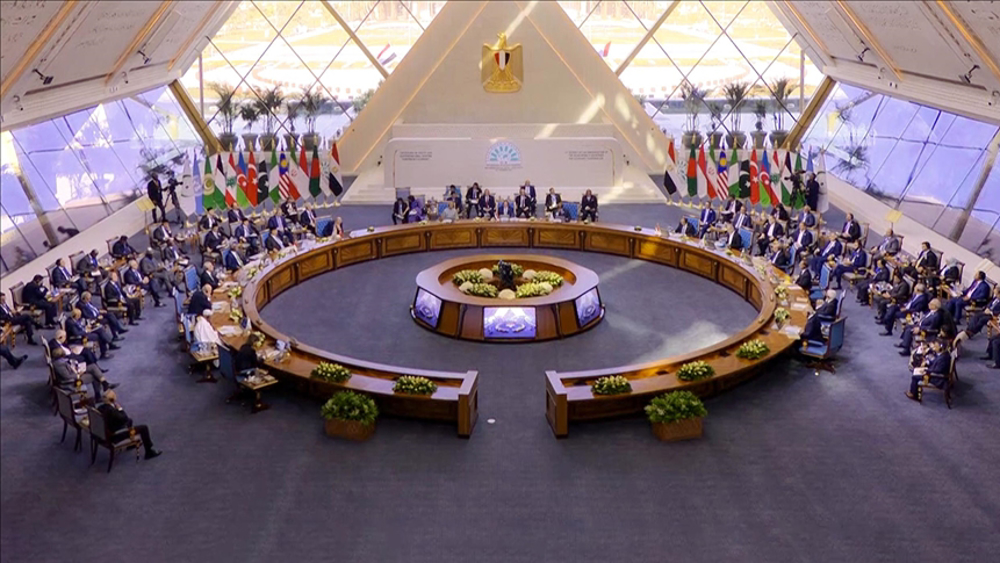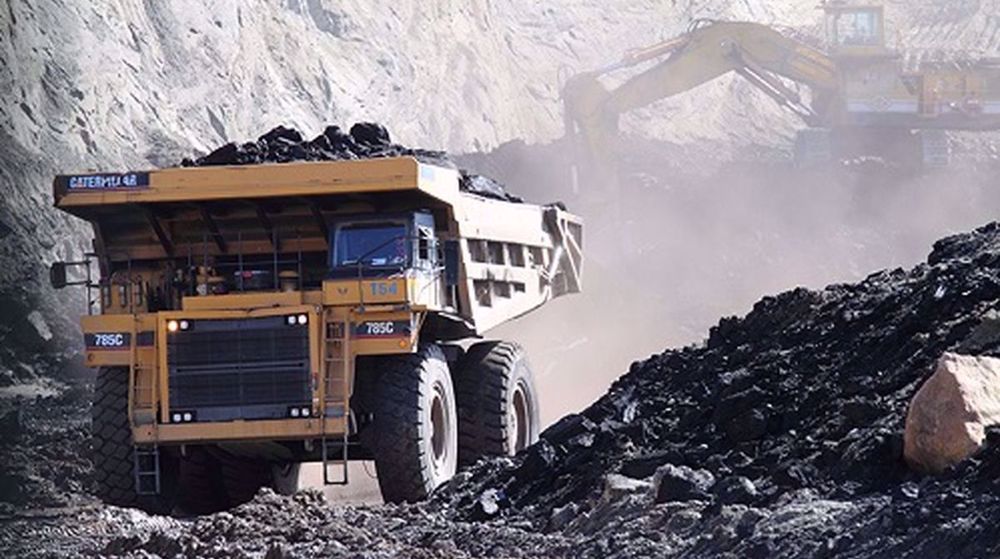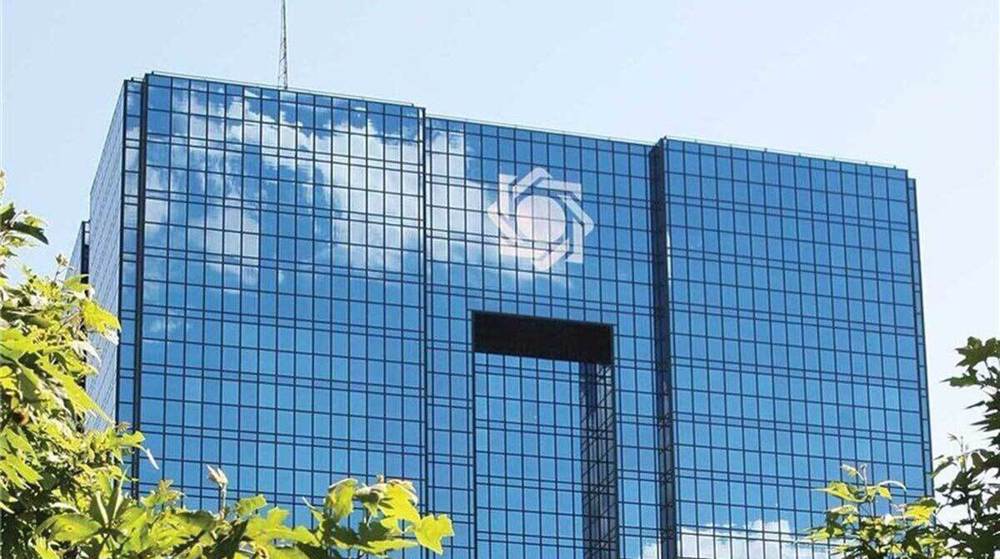Tehran bourse loses $3.5 billion in a month
Iran’s main bourse lost $3.5 billion in the month of Khordad that ended on June 21 as a lingering recession took its toll on major businesses, the daily Hamshahri reported on Tuesday.
Out of 55 industries on the Tehran Stock Exchange and over-the-counter Farabourse, only the agriculture industry and related services scraped out moderate gains above inflation.
More than 450 companies listed on the exchanges had a combined capitalization of 3,755 trillion rials ($114 billion) at the beginning of Khordad which shrank to 3,644 trillion rials ($110.5 billion) at the end of the month, the paper said.
The Iranian bourse had gushed up for months amid sanctions which boosted many local producers, attracting a flood of capital from investors who sought a safe haven for their money.
In 2014, Tehran Stock Exchange’s All-Share Price Index TEPIX rose a record 130%. The gains came on the back of a frenzy buying of gold, foreign exchange, real estate and cars which saw Iran’s inflation rate shoot above 40%.
Those fields are currently in a deep recession, prompting the stranded capital to migrate to securities and Sukuk markets.
According to the TSE data, only the agriculture industry recorded gains of 23%. Profits by other entities fell either sharply or just below the 17% inflation rate.
The month of Khordad saw more than 904,000 investors trade $5.7 billion worth of shares on Tehran Stock Exchange and Farabourse. It also marked Farabourse overtaking TSE for the first time, Hamshahri said.
However, international interest is growing in the Iranian bourse despite the downturn. Last month, a foreign delegation of asset managers, including Americans, visited Tehran Stock Exchange for the second time in as many weeks.
The group of 17 investment managers from Russia, Britain, Egypt, Greece, Switzerland, the US, Turkey, Italy and the UAE visited the bourse and held talks with its chief Hassan Qalibaf-Asl.
HB/HB
Iran: US airstrikes on Yemen war crimes, violation of international law
Yemeni armed forces down F-18 fighter jet, repel US-UK attack: Spokesman
Iran warns against US-Israeli plot to weaken Muslims, dominate region
VIDEO | Public uproar in US against Israeli regime
‘Ghost town’: 70% of Jabalia buildings destroyed by Israel
Mother’s Day: Sareh Javanmardi’s inspiring journey as Paralympic champion and mother
Russia downs over 40 Ukrainian drones as Putin vows 'destruction' on Kiev
VIDEO | Yemen: A bone in Israeli neck










 This makes it easy to access the Press TV website
This makes it easy to access the Press TV website